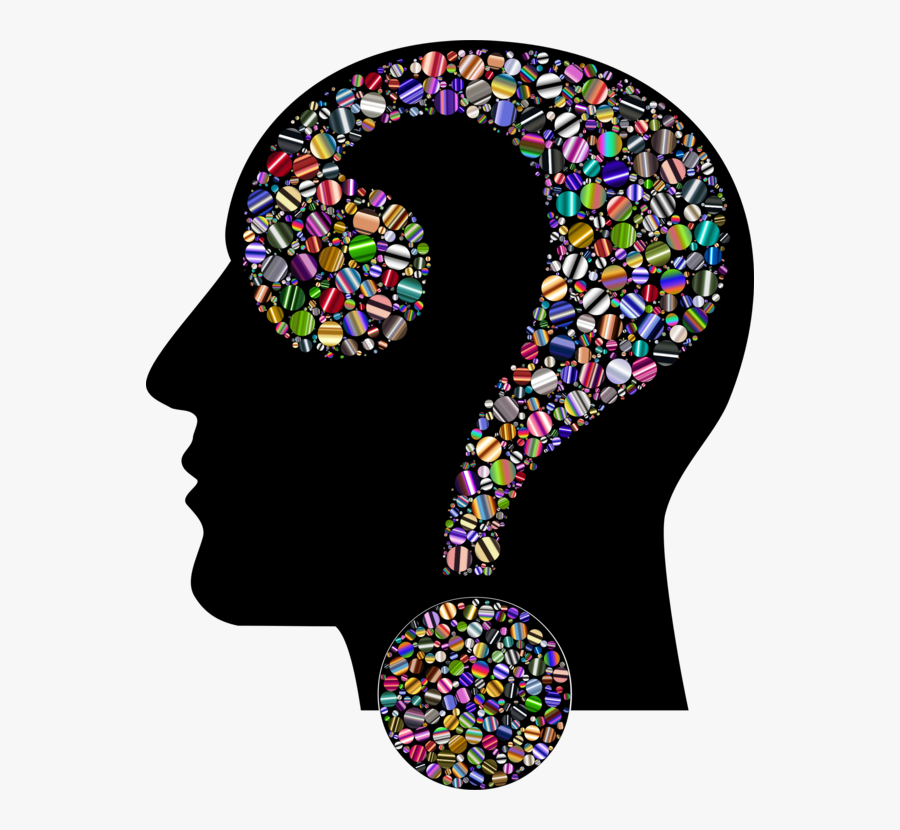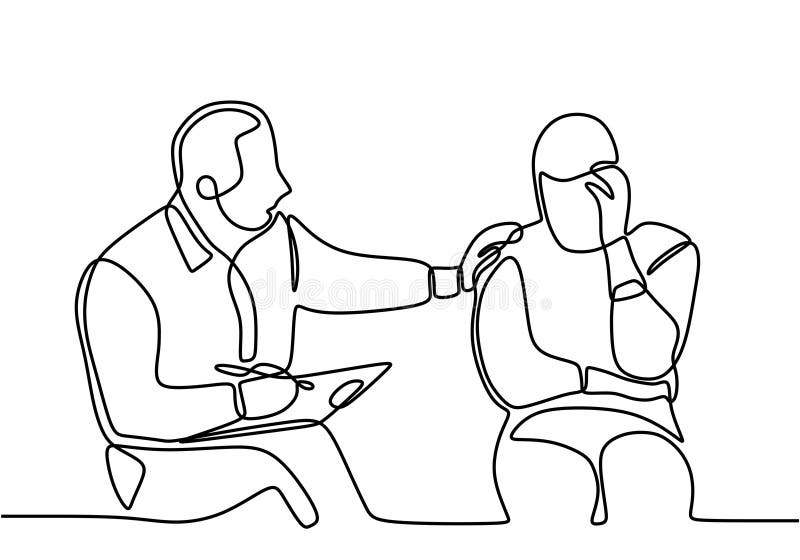Locating the Best Psychologist in Delhi: A Guide to Your Mental Wellness Journey
Locating the Best Psychologist in Delhi: A Guide to Your Mental Wellness Journey
Blog Article
Psych Treatment: A Comprehensive Overview to Techniques and Results

Cognitive-Behavioral Therapy
Cognitive-Behavioral Treatment (CBT) is a commonly utilized psychotherapeutic method that concentrates on identifying and modifying inefficient thinking and behavior patterns. Created in the 1960s by Aaron T. Beck, CBT integrates behavior and cognitive theories to address numerous mental wellness problems, consisting of anxiety, anxiousness, and stress-related conditions. The property of CBT is that maladaptive thoughts add to emotional distress and maladaptive habits. By restructuring these ideas, individuals can accomplish significant improvements in their psychological wellness and day-to-day functioning.
CBT is identified by its organized, ambitious nature. Therapy generally includes a collaborative process between the therapist and customer, where particular issues are recognized, and sensible techniques are established to address them. Methods such as cognitive restructuring, exposure therapy, and skill-building exercises are typically utilized. Cognitive restructuring involves challenging and altering adverse idea patterns, while direct exposure treatment intends to minimize concern and stress and anxiety with gradual exposure to been afraid scenarios or things.
Evidence-based research sustains the effectiveness of CBT for a vast array of mental disorders - Best Psychologist in Delhi. Its focus on skill procurement and self-help techniques empowers customers to continue progression separately after treatment wraps up. The flexibility and efficiency of CBT have made it a keystone in contemporary psychotherapeutic technique
Psychodynamic Methods
Rooted in the early theories of Sigmund Freud, psychodynamic strategies focus on exploring the subconscious mind and its impact on habits and feelings. These methods intend to reveal covert ideas and feelings that might be driving maladaptive behaviors and emotional distress. Central to this approach is the idea of internal conflict, usually coming from unsolved past experiences, especially those from childhood.
Therapists using psychodynamic strategies employ a number of vital methods, including cost-free association, where clients are urged to talk freely to expose subconscious product, and dream analysis, which translates the unrealized content of dreams. Furthermore, the expedition of transfer and countertransference characteristics within the therapeutic connection is vital. These interactions can provide insights right into the patient's interior world and relational patterns.
Psychodynamic treatment is typically longer-term compared to other techniques, providing a thorough and deep understanding of the person's subconscious. Research indicates that it can be particularly effective for complex mental health issues, such as character conditions and chronic depression. By fostering self-awareness and emotional insight, psychodynamic treatment looks for to bring subconscious product to consciousness, allowing individuals to achieve meaningful and long lasting change in their lives.
Humanistic Strategies
Structure on the structures laid by psychodynamic methods, humanistic techniques offer a distinctive viewpoint concentrated on private potential and self-actualization. Originating in the mid-20th century, these strategies focus on the intrinsic benefits and growth potential of people, highlighting an alternative view of human experience. Trick numbers such as Carl Rogers and Abraham Maslow have considerably affected this restorative method, which incorporates techniques like client-centered therapy and Gestalt treatment.
Client-centered treatment, created by Rogers, plays a critical function in humanistic strategies. It relies on the specialist supplying an atmosphere of genuine positive respect, empathy, and harmony. This promotes a secure area for clients to discover their feelings and experiences without judgment, facilitating self-discovery and individual growth. The specialist's role is even more of a facilitator than an authority, encouraging customers to harness their internal resources for recovery.
Gestalt treatment, another crucial humanistic technique, highlights existing moment understanding and the assimilation of mind and body. By concentrating on the "present moment," customers gain higher understanding right into their current feelings and actions. Techniques such as role-playing and led visualization are usually used to help clients get a much deeper understanding of themselves, ultimately causing boosted self-awareness and fulfillment.
Integrative Treatments
Integrative treatments stand for a synthesis of various therapeutic methods customized to fulfill the unique requirements of each customer. This technique recognizes the intricacy of human psychology and the multifaceted nature of mental health and wellness problems. By integrating components from various colleges of psychiatric therapy-- such as cognitive-behavioral therapy (CBT), psychodynamic therapy, and humanistic methods-- integrative therapies provide a more versatile and alternative therapy standard.
Experts of integrative treatment analyze each customer's details demands, symptoms, and individual background to design a tailored therapy plan. This personalized method enhances the potential for see post therapeutic success by addressing the origin of mental distress and promoting overall well-being. Strategies may include mindfulness exercises, cognitive restructuring, and psychological handling, each chosen to target different aspects of the customer's problems.
In addition, integrative therapies emphasize the healing partnership, seeing the client-therapist bond as an important element of effective therapy. This connection promotes a supportive setting where clients really feel risk-free to explore and resolve their issues. The flexibility of integrative therapies makes them suitable for a wide range of problems, including anxiousness, depression, injury, and interpersonal problems, thereby boosting their applicability and effectiveness in varied clinical setups.

Gauging Therapy End Results
Examining the effectiveness of psychiatric therapy is important for both medical professionals and clients to make certain that the treatment is generating the desired results. To achieve this, numerous methods and devices are employed to determine treatment results systematically. Standardized assessment instruments, such as the Beck Depression Inventory (BDI) and the Generalized Anxiety Problem 7 (GAD-7), offer measurable data on sign extent and changes gradually.
Along with standardized devices, qualitative approaches like client self-reports and medical meetings supply important understandings right into the personal experiences and perceived development of customers. Routinely arranged examinations, typically at the beginning, navel, and end of treatment, aid in tracking the trajectory of improvement or determining areas needing change.
End result dimension is not limited to symptom reduction; it likewise includes practical renovations in day-to-day live, such as better interpersonal relationships, enhanced work efficiency, and improved general wellness. Modern improvements in electronic health and wellness have actually introduced mobile apps and on the internet platforms that help with real-time tracking and comments, additionally fine-tuning the evaluation process.
Eventually, a comprehensive technique Your Domain Name to measuring therapy outcomes ensures that therapeutic interventions work, efficient, and tailored to satisfy the private requirements of clients, thus optimizing the overall healing experience.
Verdict
Humanistic strategies focus on personal development and self-actualization, while integrative therapies integrate multiple techniques for customized treatment plans. Reviewing therapy end results through qualitative techniques and standard assessments makes sure a comprehensive understanding of efficiency, inevitably guiding clients towards sustaining mental health and wellness enhancements.
From the organized approach of Cognitive-Behavioral Therapy (CBT) to the deep exploration of the subconscious in psychodynamic treatment, each method brings distinct advantages. Its focus on ability procurement address and self-help techniques equips clients to proceed development individually after treatment ends (Best Psychologist in Delhi). Key figures such as Carl Rogers and Abraham Maslow have substantially affected this healing strategy, which encompasses methods like client-centered therapy and Gestalt therapy
Report this page